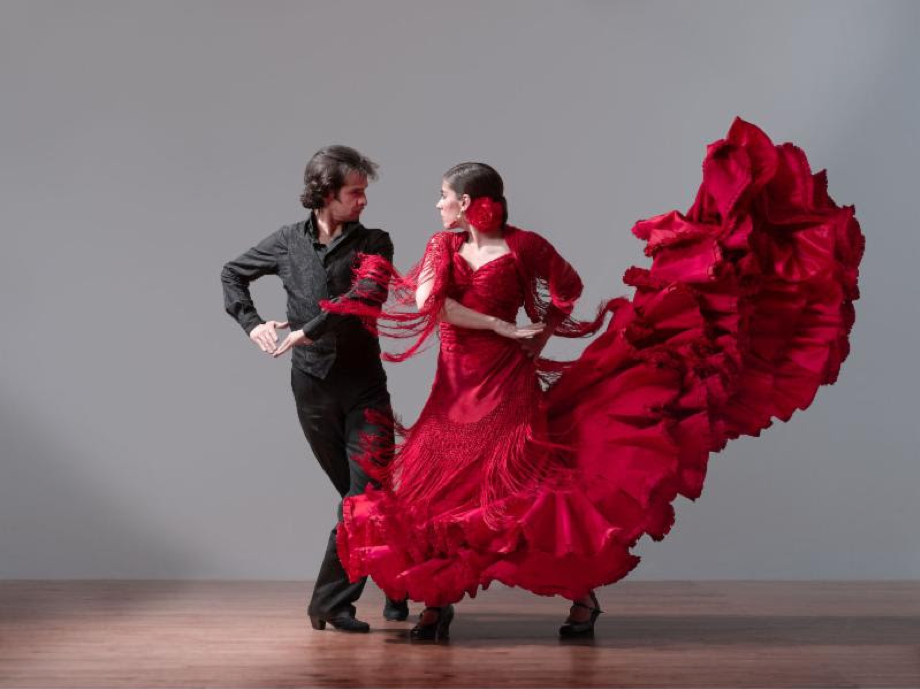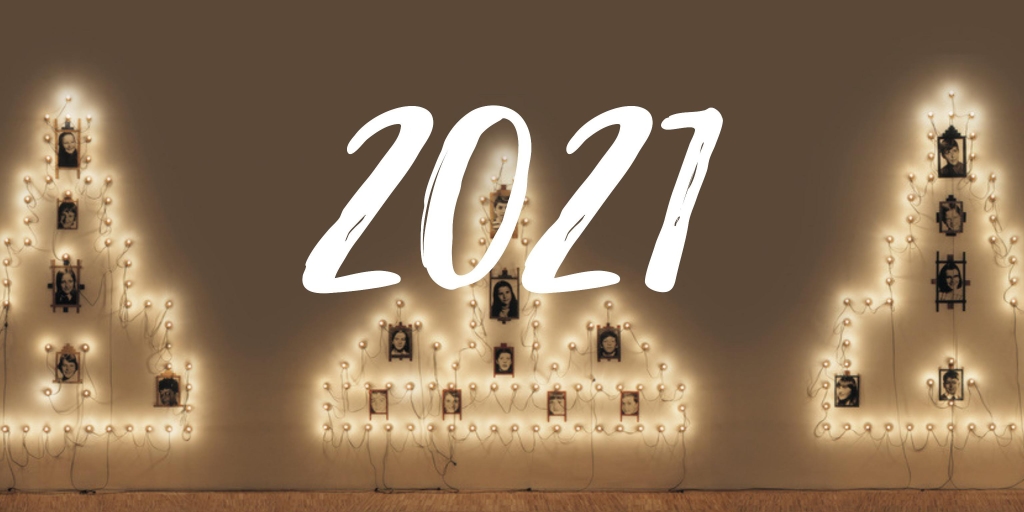By María José del Barrio Tellado and Luis César Herrero Prieto

Economic studies exploring dance have proliferated enormously recently, although they have failed to receive as much attention as other cultural goods and services, such as museums, theatres or symphony orchestras. We therefore present the results from two studies evaluating efficiency in the dance sector, focusing on two contrasting markets: the US market, in which most dance companies act as non-profit entities and in which fundraising proves crucial; and the Spanish market, where we evaluate the impact of a public programme supporting the dance through the participation of the agents involved (theatres, dance companies, and policy makers). Non-parametric frontier techniques, such as data envelopment analysis (DEA) and variations, are used to measure the efficiency of the stakeholders and efficacy of the programme.
Continue reading “LET’S DANCE ! MEASURING EFFICIENCY IN THE DANCE SECTOR”




Recent Comments